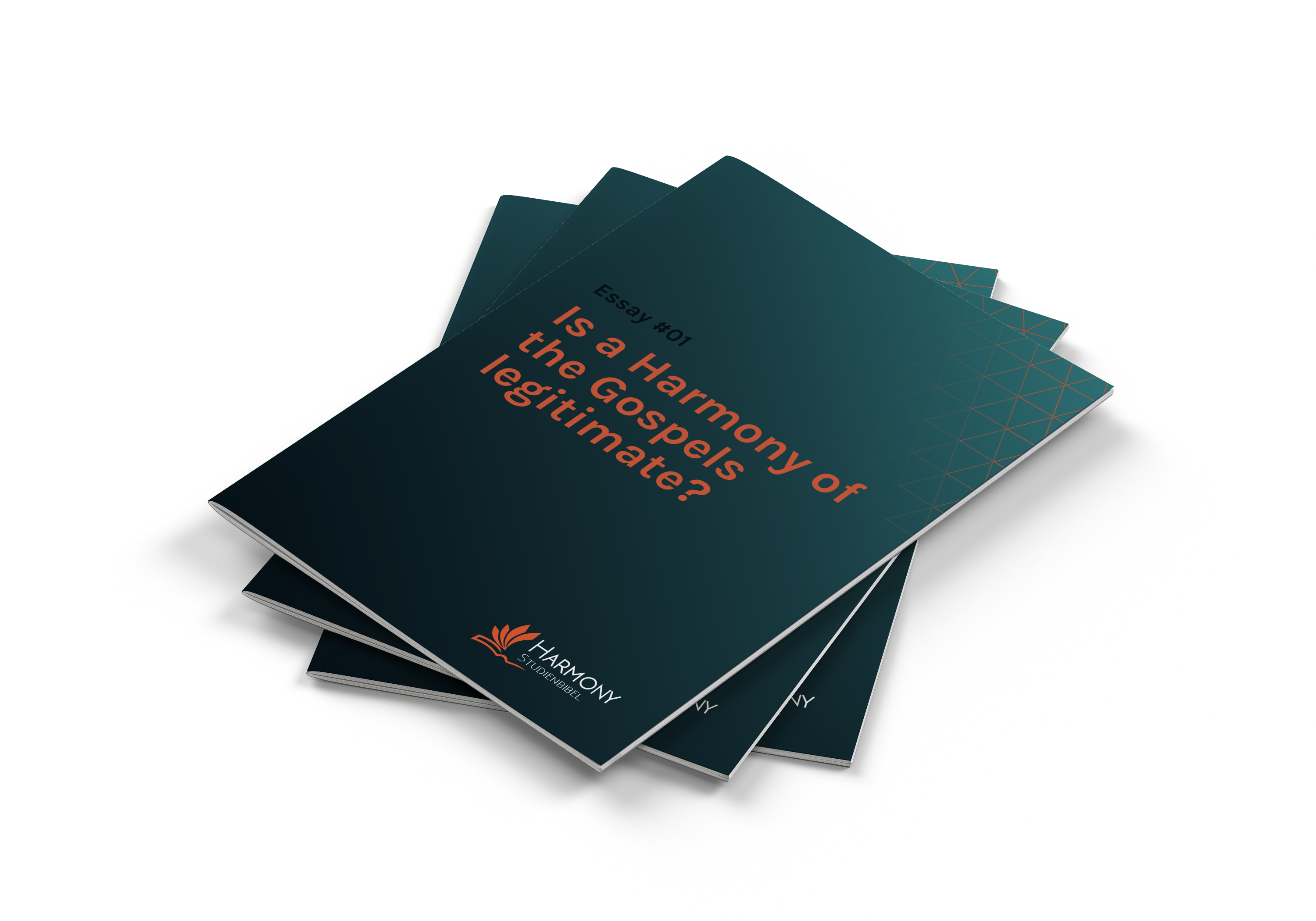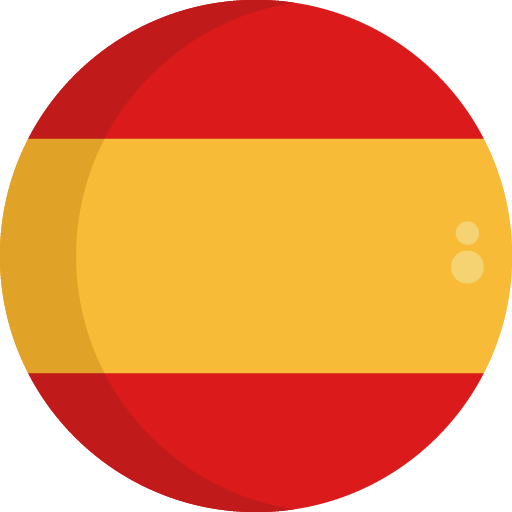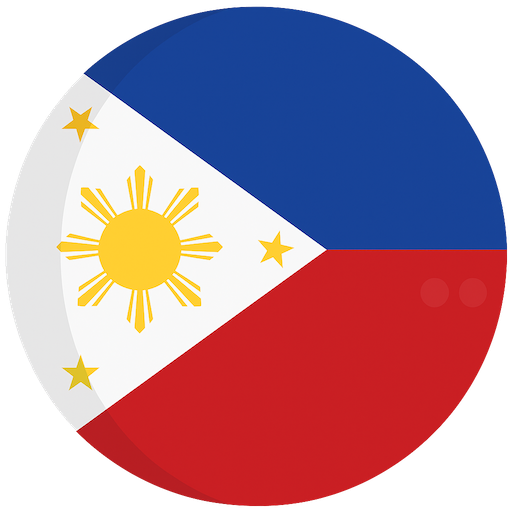Section 35a
Discussion with a Samaritan woman
Sychar in Samaria
| John 4:5-26 |
| 5So he came to a town of Samaria called Sychar, near the plot of land that Jacob had given to his son Joseph. 6Jacob's well was there, so Jesus, wearied as he was from the journey, sat by the well. It was about the sixth hour. |
| 7When a woman from Samaria came to draw water, Jesus said to her, “Give me some water to drink.” 8(For his disciples had gone into the city to buy food.) 9So the Samaritan woman said to him, “How is it that you, being a Jew, ask for water to drink from me, a Samaritan woman?” (For Jews have no dealings with Samaritans.) 10Jesus answered her, “If you knew the gift of God and who it is that is saying to you, ‘Give me some water to drink,’ you would have asked him, and he would have given you living water.” 11The woman said to him, “Sir, you do not even have a bucket to draw with, and the well is deep. Where then can you get this living water? 12Are you greater than our father Jacob, who gave us this well and drank from it himself, as did his sons and livestock?” 13Jesus answered her, “Everyone who drinks this water will thirst again, 14but whoever drinks the water I give him will certainly never thirst again. On the contrary, the water I give him will become in him a spring of water welling up to eternal life.” 15The woman said to him, “Sir, give me this water so that I will not get thirsty again and have to come here to draw water.” 16Jesus said to her, “Go call your husband and come back here.” 17The woman answered, “I have no husband.” Jesus said to her, “You have rightly said, ‘I have no husband,’ 18for you have had five husbands, and the man you now have is not your husband; what you have said is true.” 19The woman said to him, “Sir, I see that you are a prophet. 20Our fathers worshiped on this mountain, but you say that the place where people must worship is in Jerusalem.” 21Jesus said to her, “Woman, believe me, an hour is coming when neither on this mountain nor in Jerusalem will you worship the Father. 22You worship what you do not know; we worship what we know, because salvation is from the Jews. 23But an hour is coming, and is now here, when the true worshipers will worship the Father in spirit and truth, for the Father seeks such people to worship him. 24God is spirit, and those who worship him must worship in spirit and truth.” 25The woman said to him, “I know that Messiah is coming” (who is called Christ). “When he comes, he will explain everything to us.” 26Jesus said to her, “I who speak to you am he.” |
Notes
Sychar
Amazingly, Jacob’s well (also known as Jacob’s fountain and Well of Sychar) still exists just outside of modern Nablus and is a short distance from Tell Balata, biblical Shechem. It is often considered one of the most authentic site in the Holy Land — since no one can move a well that was originally more than 40 meters deep.
The well lies within the complex of an Eastern Orthodox monastery. Here visitors can descend below a modern church built over the site in 2007, to see the well. Jesus’ words to the woman - "Everyone who drinks of this water shall thirst again" - apply to more than water (John 4:13). They relate to everything we draw from in life for meaning and purpose apart from the One who spoke the words.
Mount Gerizim
Immediately after Joshua and the young nation of Israel entered the Promised Land, they made a beeline to a particular valley between two mountains. God had commanded half the people to stand before one mountain and the other to position itself before the other. Each group was to shout either blessings or the curses that Israel would experience as a result of their response to God's Law (Deuteronomy 11:29). As they shouted, their voices echoed in the city of Shechem, which lay in the valley between these hills. Before God's people would conquer and settle the land, they affirmed their obedience to God in the very place where God had promised the land to Abraham (Genesis 12:7). The significance of the place served to strengthen their commitment to God.
In later times Mt. Gerizim would become sacred to the Samaritans, and still is today. Next to Gerizim lies one of two Samaritan villages still in existence today. In the intertestamental period there was a temple here, but it was destroyed by John Hyrcanus (Maccabean ruler) in 111-110 BC. When Jesus conversed with the woman at the well, she said, “Our fathers worshiped on this mountain”(John 4:20). She was speaking of Mount Gerizim, which was very much in sight of Jacob's well, where they were talking.
Samaria
After King Solomon’s death, the nation Israel divided north of the tribe of Benjamin’s border. Jerusalem stayed the capital in the south. Jeroboam chose Shechem as the capital for the Northern Kingdom, but the capital wasn’t there for long. Succeeding kings relocated Israel’s principal city from Shechem to Tirzah. Shechem, which lay between Mount Ebal and Mount Gerizim, provided central Israel’s most important crossroads.
King Omri moved the capital back to Samaria, and it served as the northern kingdom’s administrative center for 160 years. Samaria took its name from Shemer, the man
who sold Omri the hill (1 Kings 16:24-28). After the Assyrians dragged the Northern Kingdom into exile in 722 BC, they repopulated the area, producing a mixed breed - partly Jewish, partly Assyrian - called Samaritans. Caesar Augustus gave Samaria to Herod the Great, who rebuilt the city to his usual exorbitant standards and renamed the site Sebaste, the Greek name for Augustus.



















